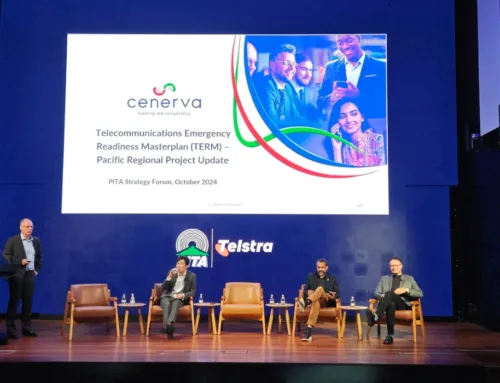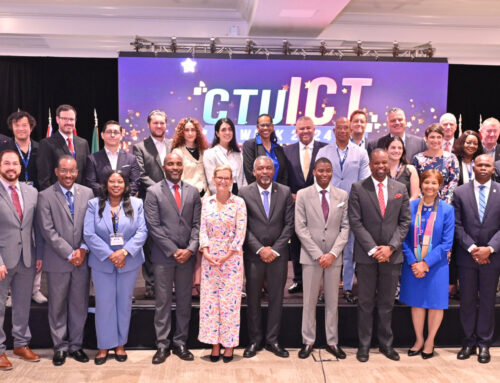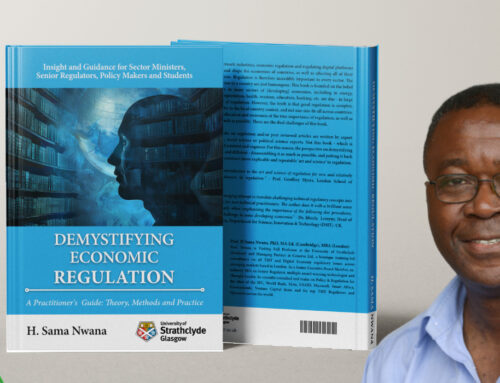Mobile number portability (MNP) was implemented in Malaysia in 2008, enabling customers to switch mobile service providers while keeping their existing phone number. MNP increased competition and service levels among operators, as they had to work harder to retain customers who now had the freedom to change providers if they were not satisfied with their current service.
In December 2020, the Malaysian Communications and Multimedia Commission (MCMC) conducted a public consultation on the introduction of Fixed Number Portability (FNP), which would extend the same portability rights to landline numbers.
Cenerva responded to this consultation, concluding that FNP could bring positive competitive benefits to the Malaysian fixed telecommunications sector. Indeed, the MCMC and relevant stakeholders should identify global best practices from other markets to ensure an efficient, fair, robust, and attractive service to all types of customers.
Why is Malaysia taking so long to implement Fixed Number Portability?
A recent article in Soyacincau raises the question of “Why is Malaysia taking so long to implement Fixed Number Portability?” The writer explains his view that FNP is long overdue and that the delay in implementation negatively impacts both consumers and businesses; they also share some statistics around the mobile number portability implementation.
In this article, James Wild, Managing Partner at Cenerva, who has extensive experience in number portability matters, shares his thoughts.
Overly complex
There are several things that Malaysia needs to improve in order to make its number portability process more consumer-friendly. One is the high rate of rejections seen in the statistics shared for MNP. As an early implementation, a 50% rejection rate is far too high, and efforts should be made to reduce this number.
Best practice mobile number portability services have failure/rejection rates of less than 10%.
Clearly, the Malaysian MNP process is unnecessarily complex, allowing losing/donor operators opportunities to unfairly and unnecessarily reject legitimate porting requests. Consumers are thus being denied the right to move their number and service when they attempt to switch providers, which impacts competitive dynamics and causes frustration.
Number portability should be a simple and straightforward process, but it appears that it is overly complex in Malaysia, requiring the exchange and validation of extensive customer data.
Seek global best practice
As it looks to implement Fixed Number Portability, we recommend Malaysia also focuses on improving its MNP processes by making it simpler and more user-friendly so consumers can easily port their numbers without any difficulty.
Best practice MNP services use SMS validation techniques to provide security and speed up the porting process to a few minutes, allowing customers to quickly ‘Walk Out Working’.
SMS validation is a simple yet effective way to validate customer data and ensure an effective porting process. MNP service providers can minimise customer data exchange, validation, and rejection by validating customer data via SMS.
India is an excellent example of a country that has constantly improved the customer porting experience and performance through direct intervention from the regulator TRAI to drive quality and efficiency improvements; TRAI has made seven amendments to the MNP Regulations since it launched in early 2011.
With the plans to implement FNP, we suggest the MCMC take the opportunity to radically improve the MNP service in parallel, applying global best practices to both services to optimise customer porting experiences, service efficiency and customer satisfaction.
This will benefit consumers, enterprises and the telecoms industry in Malaysia overall. Number portability should be an essential right for consumers and enterprises, and it should be as easy as possible to switch provider. By improving the process, Malaysia can make things better for everyone involved.
Expert support
Cenerva has extensive experience in number portability consultancy. Over the past 13 years, we have helped regulators and operators in over 40 countries across five continents assess, implement, and operate efficient consumer-centric Fixed and Mobile Number Portability services.
If you would like to discuss how we can help your organisation with any aspect of fixed or mobile number portability or any other regulatory consultancy services, please get in touch to arrange an initial, no-obligation discussion.
International 5G News Service
Keep up to date with the latest news from around the world relating to 5G developments. Get it delivered directly to your inbox by subscribing to our email service.






